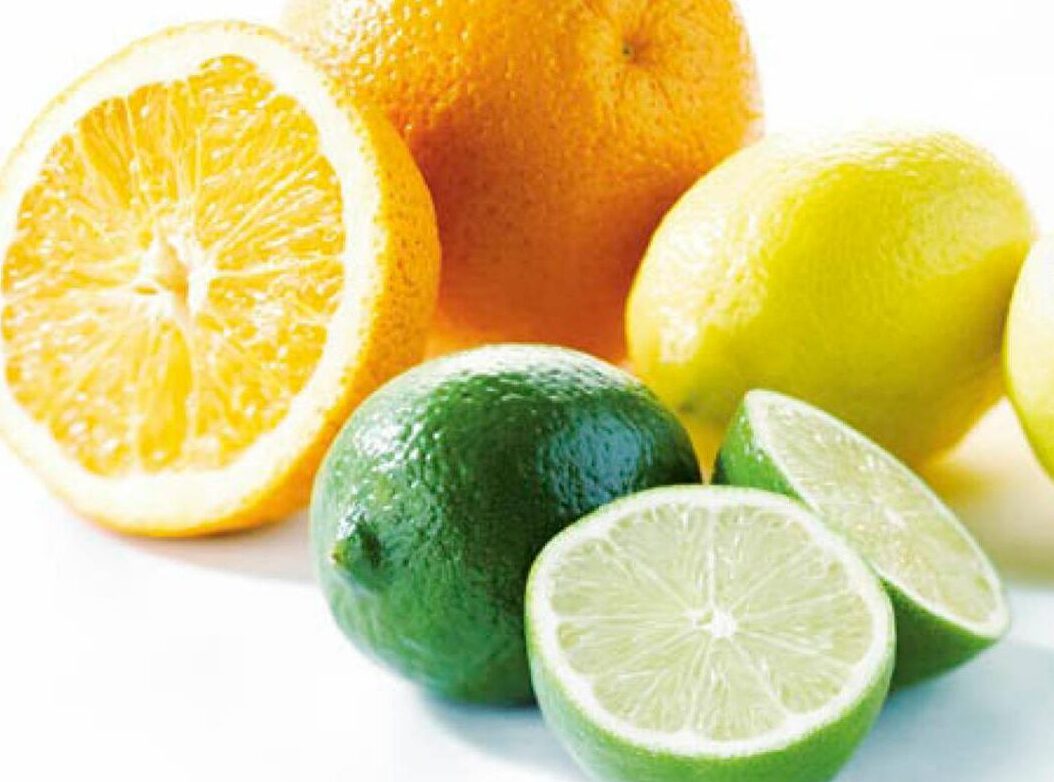
Belgium’s Greenyard plans to sell its fresh fruit-and-veg business in the UK, a year after divesting its stake in fruit supplier Bardsley England.
Brussels-listed Greenyard, which operates in fresh and frozen fruit and vegetables, as well as prepared soups, sauces and meals, cited a crowded UK market.

Discover B2B Marketing That Performs
Combine business intelligence and editorial excellence to reach engaged professionals across 36 leading media platforms.
“Greenyard sees insufficient room for standalone profitable growth in a mature market that is also under pressure from Brexit and supply-chain disruptions,” the business said as it announced annual results today (15 June).
Group sales rose 1.4% on a like-for-like basis to EUR4.4bn (US$4.5bn). Adjusted EBITDA climbed 6.1% to EUR166.5m, with the margin up 20 basis points at 3.8%.
Greenyard’s overall fresh segment sales increased 0.7% to EUR3.6bn, with EBITDA up 7.2% at EUR101.9m. The margin rose 20 points to 2.8%.
A spokesperson for Greenyard confirmed fresh sales in the UK amounted to about EUR70m in the 2021-22 fiscal year, representing a market share of “less than” 1%, while EBITDA was “slightly negative”.

US Tariffs are shifting - will you react or anticipate?
Don’t let policy changes catch you off guard. Stay proactive with real-time data and expert analysis.
By GlobalData“Combined with our small market share, you will understand that it is difficult to grow profitability in the short- to mid-term. We, therefore, made the choice to focus on the continent and find other solutions for Greenyard Fresh UK. At the same time, we remain very well-positioned in our frozen division in the UK,” the spokesperson explained.
Led by dual CEOs Hein Deprez and Marc Zwaaneveld, Greenyard embarked on a plan in 2019 to transform the business and improve struggling sales and profits. It increased what was a minority stake in UK peer Bardsley England that year but then exited the business late in 2021. The company has also divested its prepared-meals operations in the Netherlands.
Greenyard had built its stake in Bardsley England, located in the south-eastern county of Kent, in two tranches starting with a minority interest. It never disclosed the size, but revealed today the stake was sold for a consideration of GBP4.2m (US$5.1m).
Meanwhile, the deal for its prepared-meals operations in the Netherlands raised EUR17m.
Even with plans to dispose of the UK fresh business “in the coming months”, and despite what it described as “a very challenging current and prospective macro-economic and social context”, Greenyard is sticking with its longer-term target to achieve EUR5bn in sales by March 2025.
An adjusted EBITDA target was also maintained of EUR200-210m over the same time-frame.
“These ambitions do not include results from M&A that might be envisaged over the coming period,” Greenyard said, as it reiterated previous comments about potential acquisitions.
Greenyard’s net debt dropped EUR36.3m to EUR303.6m, with leverage, measured by the sales ratio to EBITDA, falling to within the company’s long-term range of 2 to 2.5 times. The end result was 2.4, down from 2.9 in the previous 12 months and below 4.4 in the 2019-20 fiscal year.
Net income improved significantly, rising to EUR16.9m, from EUR1.2m.
Co-CEO Zwaaneveld said: “Faced with the toughest circumstances in decades, we delivered on what we promised. Our performance illustrates the strength of our unique business model, built on close collaborations throughout the chain and fostered by long-term relationships.”




